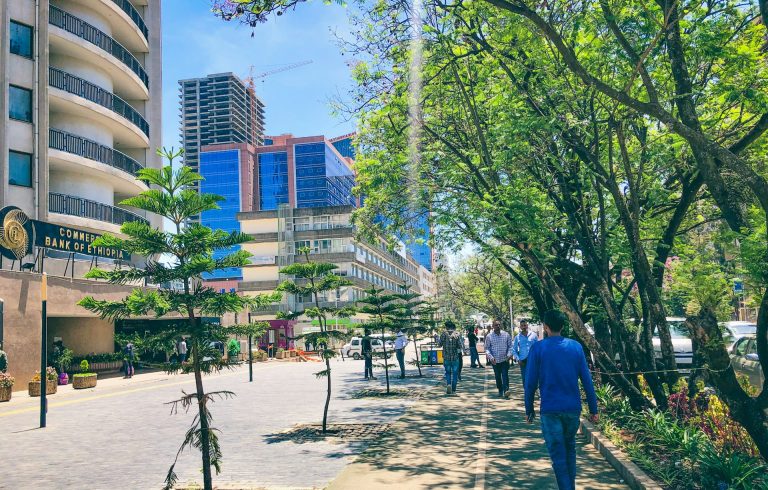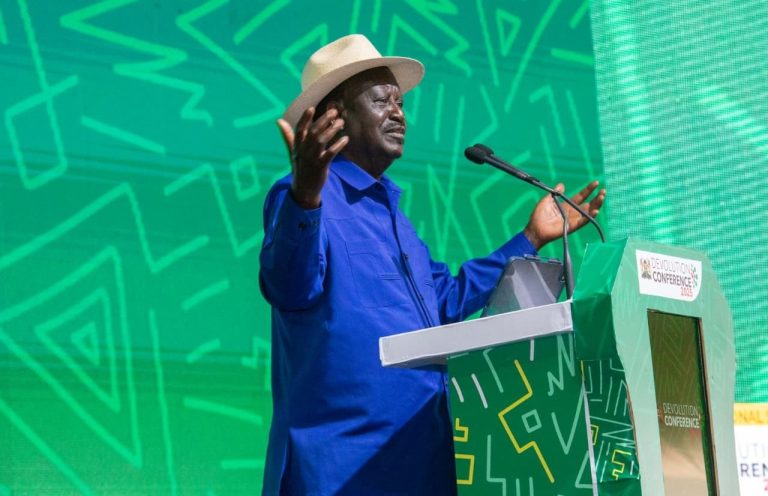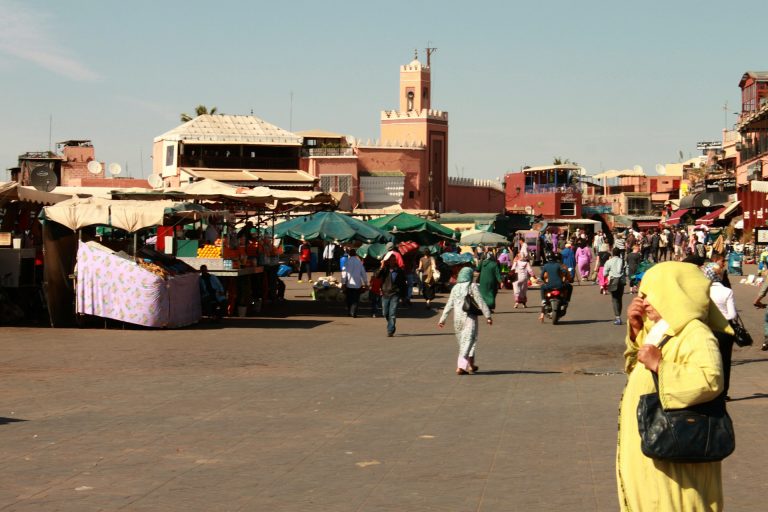- Sub-Saharan Africa ranked world’s third-fastest growing crypto region
- Nigeria dominated with more than $92 billion in transactions
Sub-Saharan Africa has become the world’s third-fastest growing cryptocurrency region, with transaction values climbing 52% to more than $205 billion between July 2024 and June 2025, according to a new report.
Chainalysis, a global blockchain data firm, said in its 2025 Geography of Crypto Report that only Asia-Pacific and Latin America posted faster growth. The surge peaked in March 2025, when monthly on-chain volumes hit nearly $25 billion – a time when most other regions were in decline.
The spike was largely fuelled by Nigeria’s weakening currency, the naira, which pushed many, especially younger residents, to turn to digital assets as a hedge against inflation and an alternative to the U.S. dollar.
Nigeria leads, South Africa builds regulatory model
Nigeria dominated the regional landscape, with more than $92.1 billion in crypto transactions over the year – nearly triple South Africa’s total. Ethiopia, Kenya and Ghana rounded out the top five markets.
Experts said inflation and foreign-currency shortages have made stablecoins attractive in Nigeria, but the country’s youthful, tech-savvy population is the real driver.
“From Nigeria’s response to currency devaluation to South Africa’s sophisticated regulatory approach, the region shows how crypto can be a strategic economic tool rather than merely an alternative investment,” the report stated.
South Africa, where 248 virtual asset providers are now licensed by the Financial Sector Conduct Authority, has established a regulatory framework that gives institutional players confidence to enter the market. Financial institutions such as Absa Bank are already looking to expand crypto offerings for corporate clients, the report said.
Bitcoin dominance, rising retail use
Bitcoin has become the dominant force across the region. It accounted for 89% of all purchases in Nigeria and 74% in South Africa, compared with just over half in U.S. dollar markets. Stablecoins such as USDT also gained traction, making up 7% of purchases in Nigeria – higher than the 5% share recorded in U.S. markets.
The report underscored the rise of small-scale adoption. “Share of all transfer sizes in the region that are less than $10,000 is larger than that seen in the rest of the world,” it said. More than 8% of the value transferred in Sub-Saharan Africa fell under that threshold, compared with 6% globally.
Chainalysis said the combination of youthful populations, inflationary pressures and regulatory advances suggests Sub-Saharan Africa will remain one of the most dynamic markets for cryptocurrency in the world.










